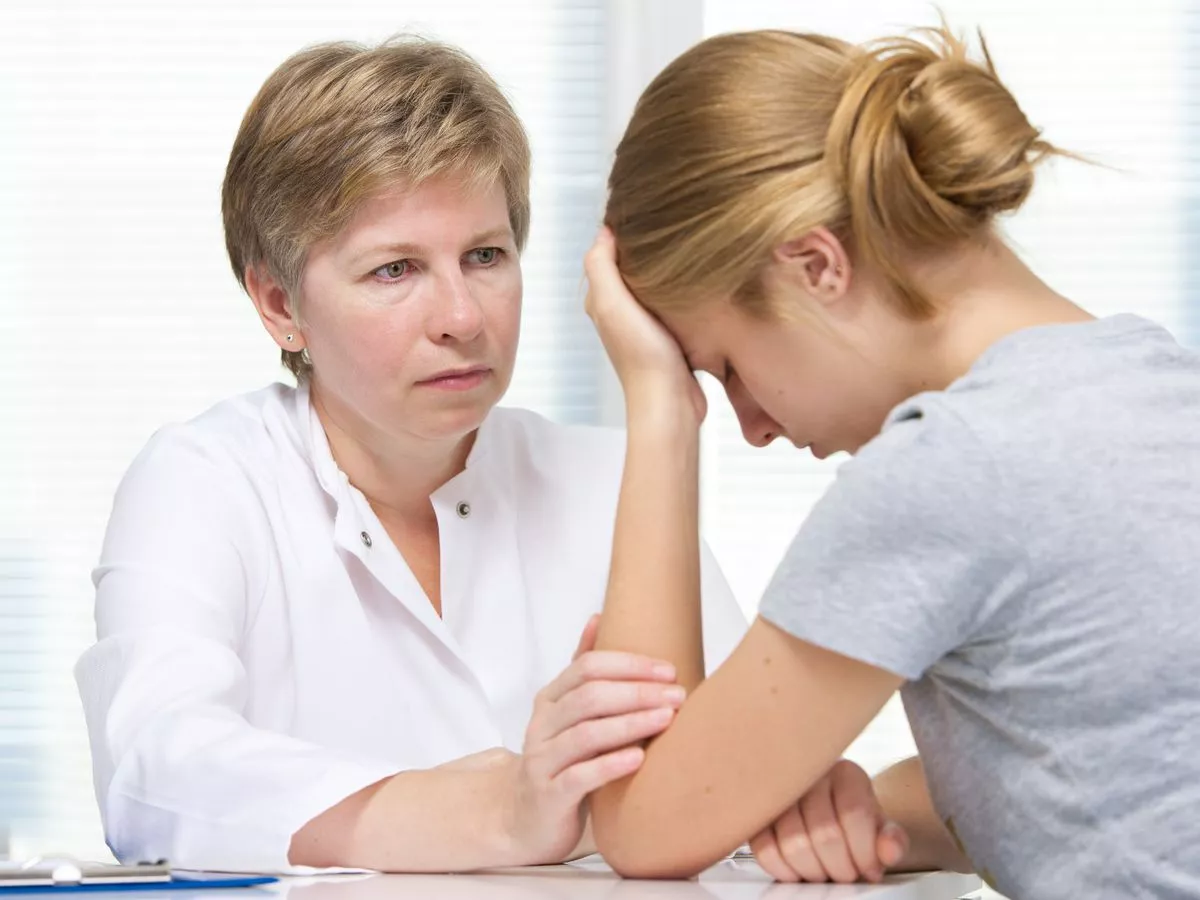By Ruth Mosalski
Copyright walesonline

Simon Jones is head of policy and campaigns at Mind Cymru, a charity which helps people in Wales access to mental health information, support and services. Schools, online platforms and voluntary organisations are providing ‘more mental health support than ever’ to young people in Wales, a key report last year found. And yet, that same report found that less than half of children and young people knew where to access mental health support. We at Mind Cymru know that a year on, little has changed. We spoke with young people in Wales who described themselves as feeling ‘isolated and hopeless’ because they don’t meet the threshold for specialist services, but have mild to moderate mental health needs. For a number of years, it’s been clear there is a gap in support for children and young people whose needs fall between universal and specialist mental health services – a space known since as the ‘Missing Middle’. Young people tell us that despite many initiatives, they are still not getting the support they need when they need it. They feel isolated and hopeless, reluctant to seek support in the future and worried about stigma and discrimination. While they know there is support in schools, there’s still a need for a range of care with can meet the needs of the individual young person. Wales now has a 10-year mental health and well-being strategy for Wales, which is a positive, but seven years from a Senedd committee where that “missing middle” was discussed, there are still gaps. The young people who spoke to us confirmed that, for them at least, independent counselling in secondary school is being accessed. However, there are also elements that fall short of meeting their needs, including a difficulty accessing counsellors to begin with. A limited number of sessions being offered, most of which failed to meet their needs; High levels of demand which means access to provision is quickly discontinued if they failed to attend an appointment. From the lived experiences of the young people we spoke to, it seems the provision of independent counselling – whilst valued – in its current form could also be restrictive in meeting the needs of young people as a result. Young people described that once that ends, they feel they have nowhere to go, despite their continued mental health needs. They recognised that being able to access help earlier could mean they need less support later. Young people aren’t asking for an intensely specialist level of mental health support, but more help with tackling their distress before it escalates. Sadly, those we spoke to had struggled to find anything suitable when they needed it, and at a personal cost to them. They felt their needs hadn’t been taken seriously, leaving them isolated and experiencing feelings of hopelessness. This also impacted on their likelihood of reaching out for support in future and contributed to their reluctance in engaging with services. Worryingly, these young people also described ongoing stigma around accessing services as a major barrier too. They didn’t feel that services are set up in a way that encourages them to reach out, and remained largely reliant on friends to help give them the encouragement they needed to ask for help. As a result of all this feedback, Mind Cymru adapted its guided self-help model for adults (known as Supported Self-Help) to create a free, six-week guided self-help ‘Missing Middle’ programme for children and young people, first piloted by a local Mind in 2020. Cwm Taf Morganwg Mind, Swansea Mind and Neath Port Talbot Mind went on to deliver the programme, building relationships and local referral routes with CAMHS, GPs and schools along the way. This programme alone has supported almost 700 young people across Wales in the past two years, demonstrating the demand for support. Service managers delivering the programme say young people valued the flexibility that self-directed support it gave them. When we evaluated the programme, it showed 71% of those who used it said it improved wellbeing. And, every single person said they’d recommend it to others. Without it, many said they would have simply tried to manage their symptoms alone. Just over half (56%) were also referred to another service by their local Mind, providing continuity of care and further support. The success of this programme clearly highlights that there are solutions to the issues the young people we spoke to raised, if we are willing to listen to their needs. Wales’ new mental health strategy provides a moment to genuinely transform children and young people’s experiences of mental health but Welsh Government needs to actively involve them in shaping future services under this new strategy, particularly around Open Access care. We also need to ensure there is the capacity and flexibility required to meet their needs within the school setting, and that more knowledge, advice and information is provided here too to help build confidence and further reduce stigma around seeking help. Provision of timely, inclusive and stigma-free support pathways for people of all ages is the only way the Welsh Government will truly be in a position to deliver on its commitment to providing open access mental health support for everyone within the next 10 years, and beyond. Young people with mental health problems feel isolated and hopeless.



